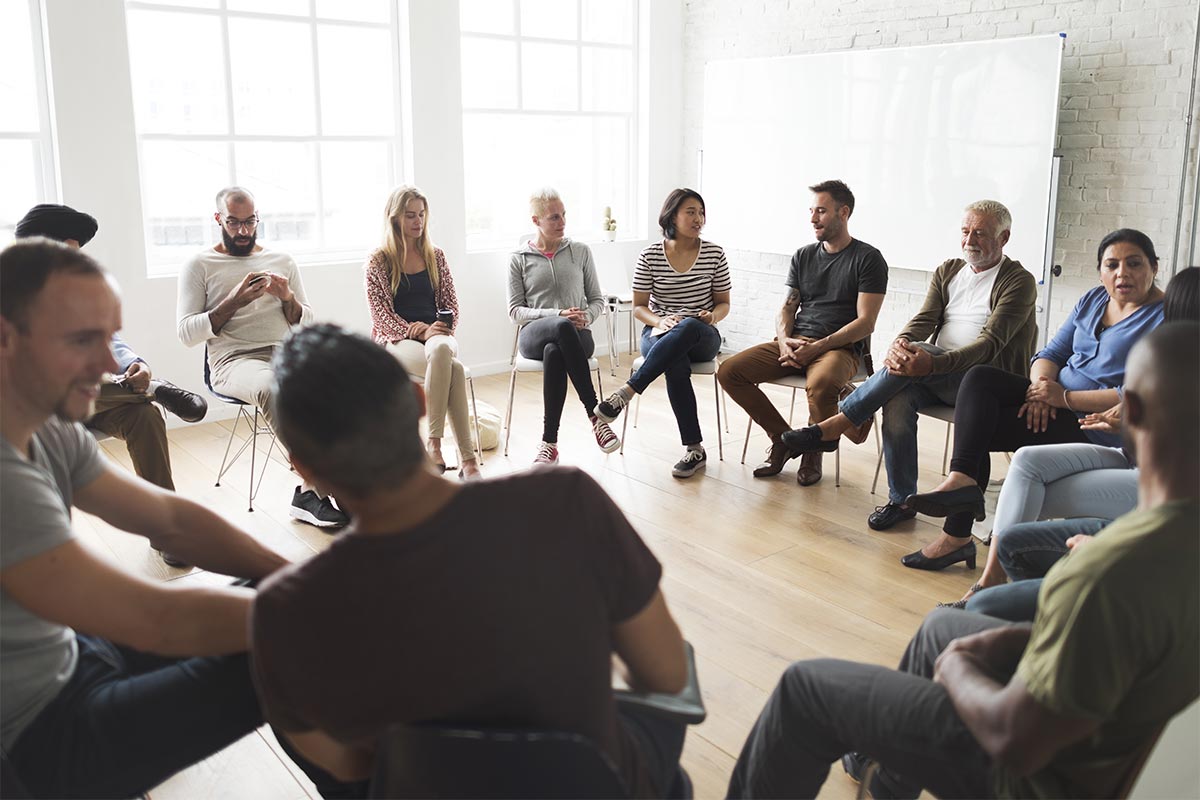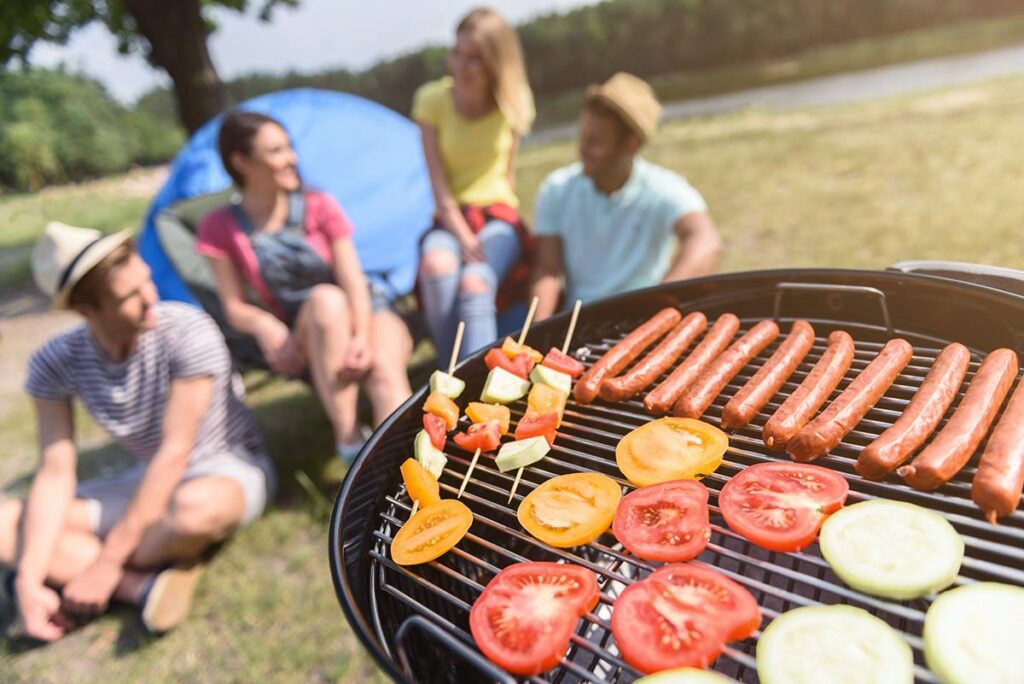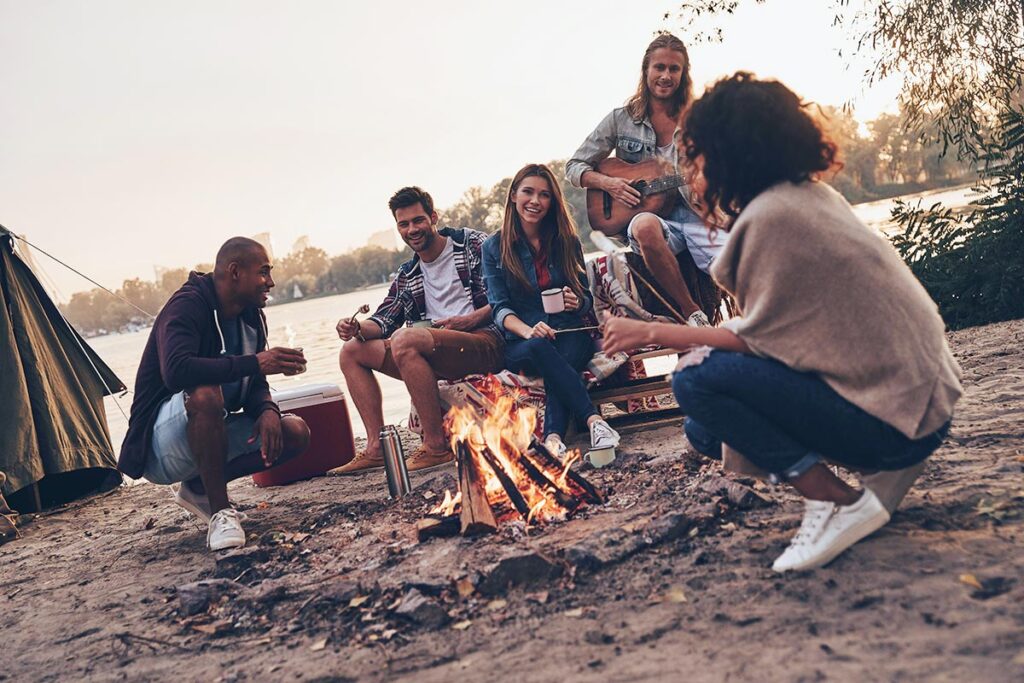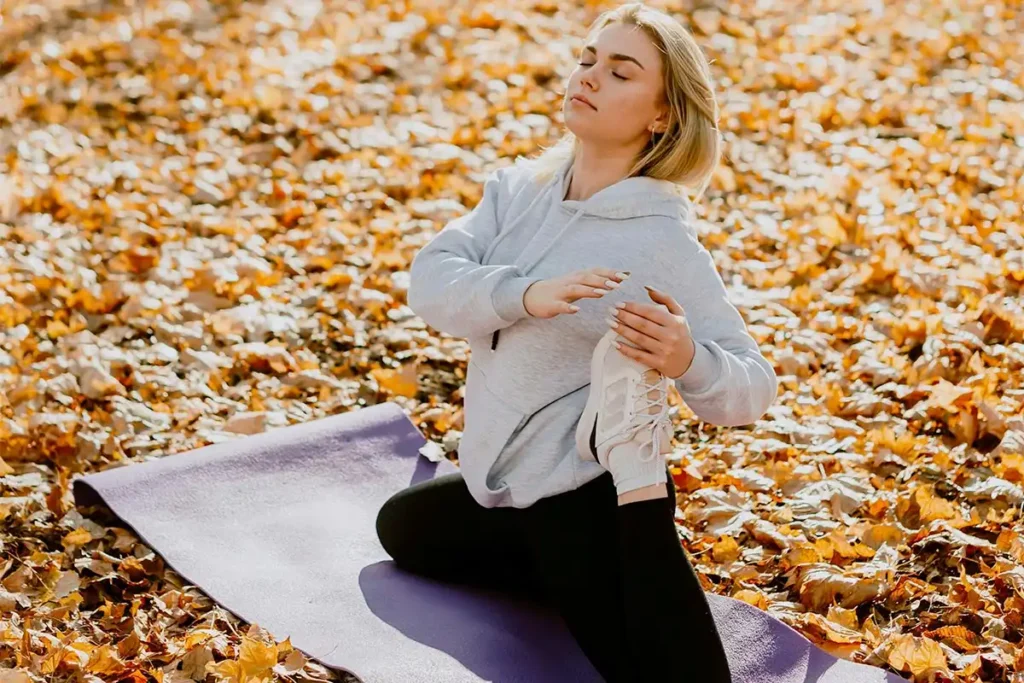If you’re moving into recovery, you’ve probably heard that you should be investing in community at the same time. Here, you likely want to know what community is as well as how it will play a part in your recovery. Humans are very social creatures and being in a community is often an important part of being a healthy and functioning person. That means our relationships, our neighbors, the communities we invest in, and the support communities we look for will all play a role in our recovery. Understanding what you get out of it, and what you should be looking for in your recovery communities will help you to make the right choices for your mental health and your recovery.
If you’ve gone to recovery or addiction treatment, you’ve likely been introduced to the fact that community is an important part of your recovery. That’s embedded into almost every part of recovery treatment, from group therapy to sharing spaces and activities with peers. If you’re going into recovery on your own, that’s likely a thing you’ll have to learn yourself. However, the following reasons highlight why community is important in your recovery.
Who Are Your Recovery Community?
Your recovery community can be a relatively large group of people, normally whoever you interact with and invest in as part of your normal social life. In most cases, it should include:
- Your recovery group / treatment group such as the people you went to addiction treatment with
- Your family and friends
- Your social circles including colleagues and coworkers, volunteer groups, and
- Your self-help group such as AA with people you talk to and your sponsor
- A social home community
Your recovery community are essentially whoever is part of your life, right now, while you are in recovery. That means your community is everyone in your life and getting their support is obviously going to be important. However, it’s also important that you expect different kinds of support from different members of your community – as you’ll get something different from your self-help and recovery group than you will from your family members or the people you volunteer with. However, all of them will play a role in your recovery.
Getting Support
It’s important that you have a network of people to turn to when you need them. Having that support can literally save your life. And, that’s not just for when you’re in recovery. If you need someone to talk to, need to have a good time, need to feel useful or helpful, or need to interact with someone, it’s your community that’s there for you. Knowing which part of your community you’re looking to can also help you figure out what kind of support you can ask for.
That can mean:
- Who you can call to talk about cravings and substance related anxiety with
- Who you can hang out with when you need emotional support
- Who you can hang out with when you need people to spend time with
- Who you can go do things with like work or taking care of your home
- Who you can go have fun with, in a safe way
- Who you can talk to when you need to talk about life and what you want to do with it
Support comes in many ways. Therefore, you might find that you need a diverse social network to get the community support you need.
Rebuilding Social Skills
Substance use disorders mean that you’re spending your time, energy, and attention on acquiring and using a substance. It often means that you end up with poor social skills and very little ability to negotiate your social circles. That’s especially true for people who drink or use as social lubricant. How do you get back to being able to engage with people and interact with them without that? Community support means that you’ll have people helping you back into engaging with others, talking to people, and feeling like you’re part of a group. Most importantly, much of your community will realize that you’ll need extra help and support, so you’ll have an easier time of that than if you just went into a random social group.
Contact and Healthy Social Interaction
Good contact with your community can be immensely helpful for your recovery no matter where you are in that recovery. This means that hanging out with friends, joining your neighborhood for a BBQ or a pool party, taking part in social events at 12-step, going on hikes with your apartment complex, taking time to make Sunday dinner with family – will all be good for you and for your recovery. That’s also important because it means you’ll have opportunities to learn how to have fun without drugs or alcohol and with other people. Contact and good social support are critical parts of enjoying life so it’s important that you have them. And, having a supportive social network and community will ensure you get that.
Specifically, your sober community is a great place to look for fun in recovery because you know that everyone involved is working towards recovery and staying clean and sober. However, you can work with anyone providing you can trust them to help you stay clean and sober, to support you having fun without drugs and alcohol, and to be there for you.
Giving Back
Giving back to your community is an important part of recovery. Why? Giving back makes you realize that you’re not just receiving from the community, you’re taking part in it, being a part of it, and supporting others in the same way they are supporting you. That can give you a sense of meaning, a sense of purpose, and a sense of fulfilment. That will be important for your recovery in more ways than once. Again, people often start to find this in 12-step groups and their equivalents. Here, you’ll have a structured approach to getting and giving support, often within a framework that helps you decide what to give and when. Giving back also very often migrates into charity and volunteer work, where you can invest in others, in animals, in picking up litter, and in making the world a nicer place. But it can extend to family where you take part in dinner and help clean up or put away the dishes after someone cooked you a meal, where you can listen to a family member being upset about something after they’ve coached you through something, and where you can give as much as you receive – although rebuilding that kind of trust will often take time. Getting to give back is an important part of getting support because it means that you’ll be able to build your sense of self on not just what you’re working towards but what you’re doing now. And, that will be very good for your sense of self-esteem and your happiness.
Conclusion
Your sober community is a large part of your life. That’s true whether you’re talking about your recovery group, your 12-step group, your friends and family, the people in your neighborhood, or any other group. It’s important that you talk to the people in your life, share with them honestly, and set expectations. Only then can you expect to get the kind of support that will make a difference in your life.
Stairway Recovery Homes has multiple sober living homes located in Los Angeles, CA. We provide community-based recovery homes for both men’s sober living and women’s sober living. After leaving outpatient addiction treatment, a sober living environment is a good choice for extra support in staying sober.

SEO and Digital Marketing Expert
Jim Sugel is an SEO and Digital Marketing Expert in addition to having achieved the coveted Google Partner status for PPC expertise. Prior to focusing on Digital Marketing, Jim worked in Information Technology roles at a variety of national firms as a software engineer and consultant, resulting in many years of professional coding and consulting experience.
Jim holds a Bachelor of Science, cum laude in Computer Science and Psychology from Loyola University Chicago. After relocating to Southern California from his native Chicago, he became involved in the recovery industry here, discovering a natural niche in helping treatment centers with Digital Marketing and other technology projects. Jim is the Founder and CEO of Airtight Digital, a firm that specializes in digital marketing for the behavioral health industry.
His other interests include hiking, canyoneering, urban exploration, and screenwriting. Jim now lives in beautiful and sunny Orange County, California.




